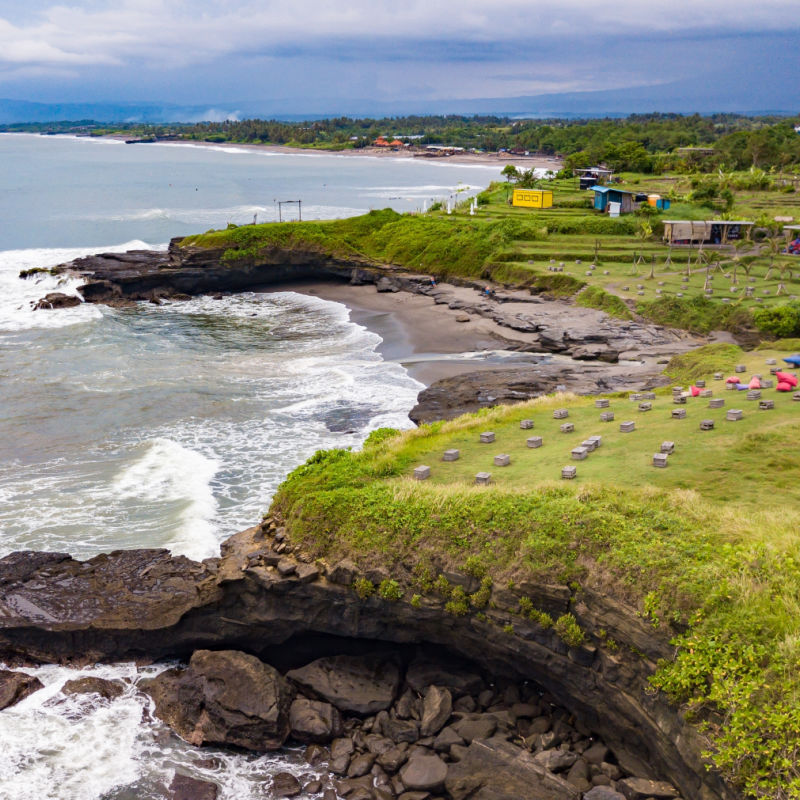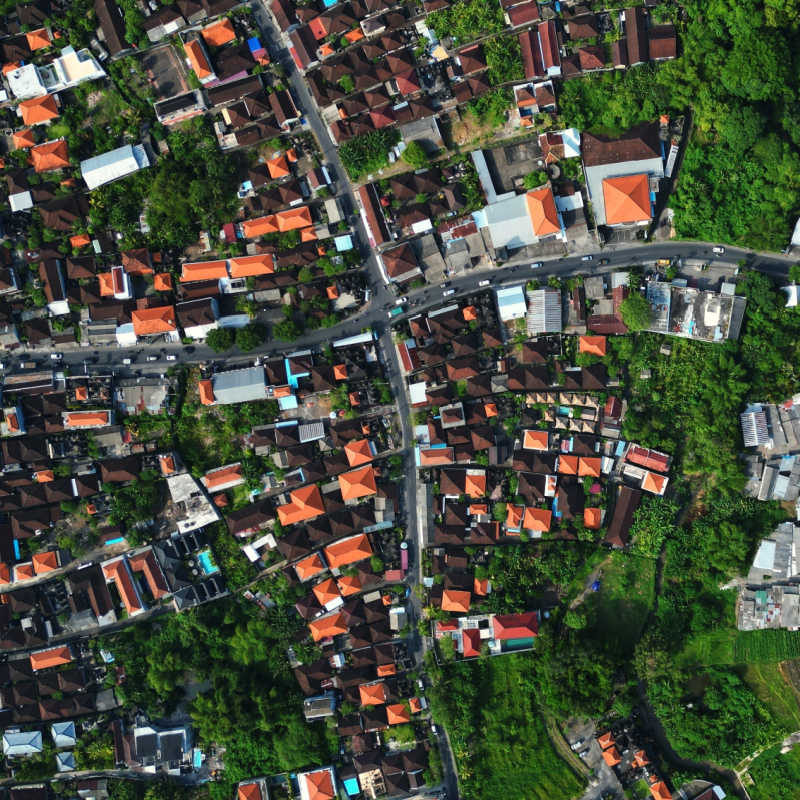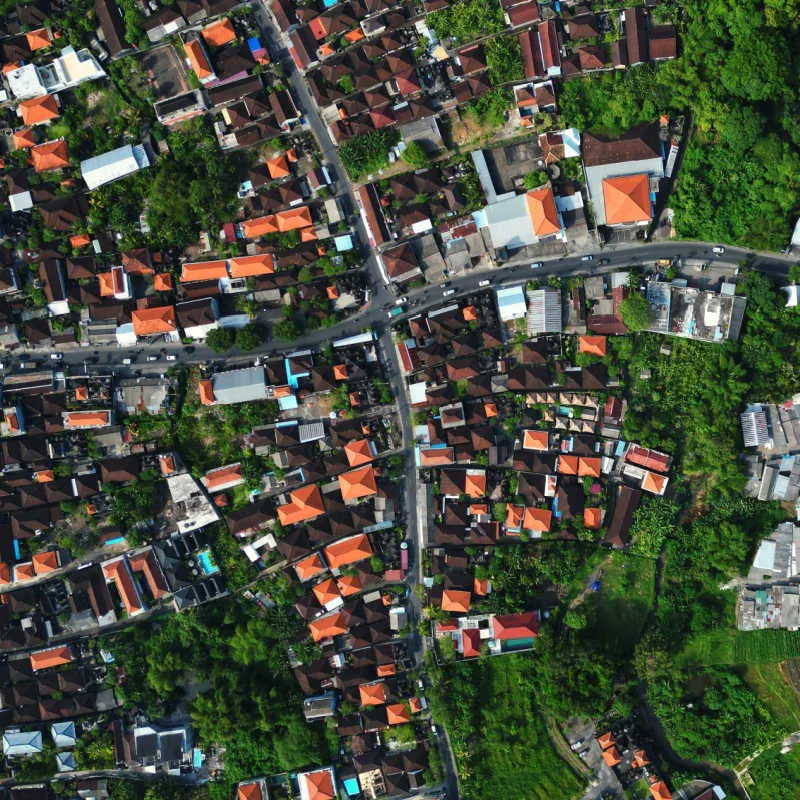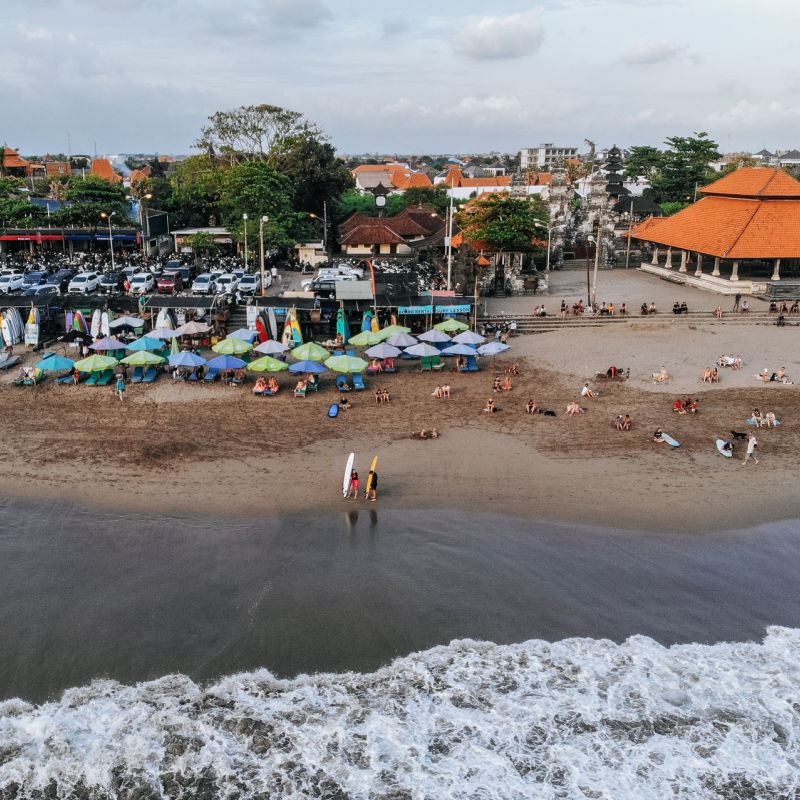Share this article
A sustainable development group has teamed up with a major Bali hotel chain to launch a new sustainable housing estate in Tabanan Regency.
Nuanu has partnered with OXO Group Indonesia to build OXO The Residence in Nyani, Tabanan Regency.


This new sustainable housing development has already sold out 40 new villa units, priced between Rp 8 billion and Rp 16 billion per unit, giving residents access to not only their own home or studio, but also the grounds of the complex.
OXO Living states, “OXO The Residences is a charming villa development in the heart of Nyani, Bali, created to bridge the gap for those seeking a Western standard of living while being in a vibrant tropical paradise. The result is a comfortable and safe haven for children and a vibrant, upscale adult community. A culturally-respectful, family-friendly oasis located just steps away from Bali’s most anticipated lifestyle destination, Nuuanu Creative City.”
OXO Living adds that the residences “comprise only a small number of villas and are thoughtfully and sustainably designed. OXO The Residences is a rare blend of privacy, community and eco-friendly living.”
They note that the complex offers “an unparalleled lifestyle tailored to modern families in Bali’s emerging neighborhoods.”
Nuuanu Creative City is an evolving development located just behind Pantai Nyani and just minutes from the vibrant tourist resort of Canggu. The new OXO The Residences is part of the Nuuanu Creative City development which aims to build a new type of sustainable city where people and nature can co-exist.
Nuuanu Creative City is already home to the newly opened Luna Beach Club, which will host the annual Suala Festival from July 26-28.
Nuuanu Creative City is described as “a 44-hectare creative city on the Indonesian island of Bali that embodies a commitment to harmonious living.” [It is] This is a vibrant community of creators, leaders and change-makers, all empowered to foster a culture of positive change.”
“Designed as an integrated ecosystem, the city will feature dedicated spaces for education, arts and culture, wellness, recreation and nature-inspired living, and we envision a future where these elements intertwine seamlessly.”
As OXO The Residences opens in Nyani, the founders and developers spoke to the media about the opening.
“As part of Nu’uanu’s commitment to providing an ecosystem that fosters connections between people for harmonious shared prosperity, we are open to a variety of innovative ideas that will help realize this vision,” Nu’uanu founder Sergei Solonin told reporters.


“With OXO The Residences now part of the Nuanu ecosystem, we hope the residences can provide a different ambience to celebrate a more meaningful life.”
“In line with Nuuanu’s architectural principles, with a vision to create a lifestyle that inspires and benefits our guests and investors, OXO Group is a pioneer in residential products and experiences known for its uncompromising standards, intelligent design, premium service and prioritizing sustainability principles,” said Johannes Weissenbeck, founder and CEO of OXO Group Indonesia.
Earlier this year, Weissenbeck spoke to media about the massive development boom taking place in Bali, specifically Canggu, where he expressed concern that by 2025, Canggu’s hotel room numbers will not be able to keep up with demand, leading to overtourism and the resulting collapse of the resort’s economy.


“Three years ago in Canggu, we had 3,800 rooms; now we have about 5,200,” Weissenbeck said. “Next year we’ll have almost 6,000 rooms, so that’s double. In three or four years, it’s definitely going to be a problem.”
“For me, [right now] Oversupply is not an issue. Our current occupancy rate is 68%, which is quite good. The standard in Bali is 61%.”


The development opens its doors to new residents at a time when debates around spatial development, international investment and neocolonialism in Bali are reviving.
Although Nuuanu Creative City has earned a reputation as an environmentally friendly city, many Bali enthusiasts remain deeply concerned that current development trends are unsustainable and risk causing irreparable damage to both the island’s environmental and cultural landscape.

